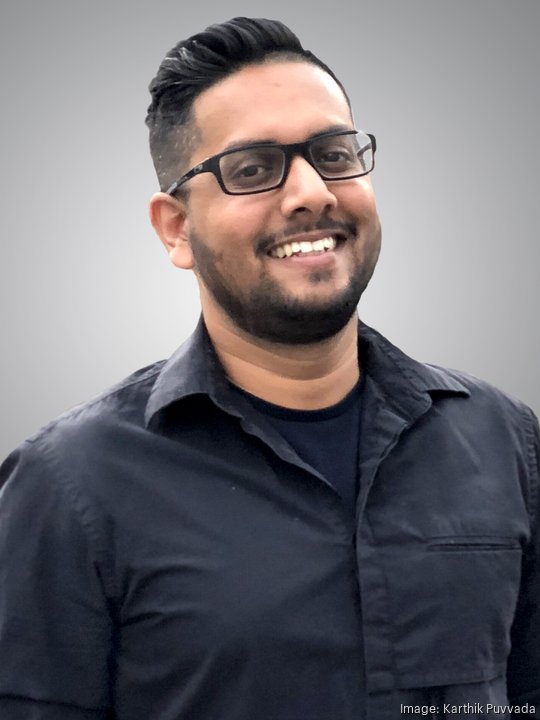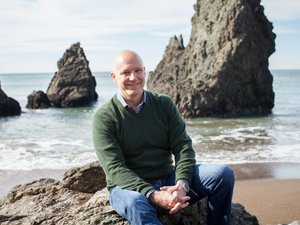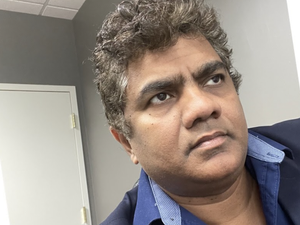
Back in 2018, Atlanta startup founder Karthik Puvvada, who goes by KP, had hit his lowest point. He and his chief technical officer had spent months building a software-as-a-service product.
When they were ready to go to market, nobody wanted it.
Puvvada realized remaining in stealth mode while developing the product had been a mistake. By the time the product was ready, nobody knew about it and there was no demand.
That spurred Puvvada to adopt a new tack: He started working on tech projects for fun and tweeting about what he was doing. People started following him because they were interested in his explorations — and Puvvada realized the power of being radically open.
Eventually Puvvada decided to pitch himself as a product, tweeting out that he was looking for a new job at an ambitious startup.
The result: 42 direct messages leading to 13 interviews and three job offers. That was the ultimate endorsement for the build in public approach. Puvvada is one of a growing number of people in the tech community promoting this strategy.
After stints at a few startups, Puvvada this year created a six-week “Build In Public” fellowship program to help startup leaders learn how to use the internet for their business growth. The fourth cohort started this week.
Puvvada, who once had only 400 Twitter followers, now has close to 50,000. He also created and hosts the Build in Public podcast.
The strategy works because it creates investment and buy-in from community members, Puvvada said. To build in public, leaders have to get over their fear of judgement. That vulnerability is the key to progress.
“You're basically gaining credibility because you're doing what you say you want to do,” Puvvada said.
For underrepresented founders, building in public can be an especially valuable tool.
"You have actual depth, you have actual obstacles that you overcame .... Those are the things that people resonate with," Puvvada said.
The approach works — but it must be genuine, Puvvada said.
“When people go to social media, there's unfortunately a vending machine approach .... They press the buttons and are like, ‘Give me something,’” Puvvada said.
“You have to think of it like a piggy bank, where everyday ... you have the chance to make a small deposit."
Despite current concerns about the social media, Puvvada remains a believer in the power of the internet to create community.
"People don't consider how big the internet is. There's 8 billion people [and] you need 10 paying customers. Are you kidding me? Like, the math is in your favor, use it," Puvvada said.








